Have you ever noticed how easily numbers can replace people in our conversations at work?
“We need to improve customer satisfaction by 20%.” “Our retention metrics are down this quarter.” “The data shows we’re losing market share.”
These statements represent valuable business insights. And according to Simon, complementing them with the human element can elevate your leadership to extraordinary levels.
The Human Behind the Number
During a recent talk at Brandeis University, Simon shared a powerful story that perfectly captures one of his most compelling leadership insights:
A university was running a scholarship fundraising campaign with volunteers making phone calls to potential donors. The results were disappointing—numbers were flat or declining despite their best efforts.
Then, something remarkable happened.
The organizers brought in a scholarship recipient—let’s call her Stacy—to speak to the volunteers for just five minutes. Stacy shared how the scholarship had changed her life, the opportunities it created, and the profound impact it had on her future.
What happened next? The fundraising numbers skyrocketed.
Why? Because suddenly, the volunteers weren’t just dialing for abstract “dollars” or “metrics.” As Simon explained, “They were doing it for Stacy over there. I’m calling you because I’m damn well going to get more money for people like Stacy. And it became deeply personal.”
The Opportunity of Ethical Clarity
This story illustrates what Simon calls “ethical fading”—a pattern Simon identifies where leaders can benefit from reconnecting with the human impact of their business decisions.
“Ethical fading is when people make decisions while still believing they are within their own ethical framework,” Simon explained.
We see this opportunity for greater ethical clarity when pharmaceutical companies describe pricing changes as “optimizing pricing strategy” or when financial institutions focus exclusively on “meeting sales objectives.”
The business language we often use—externalities, optimization, metrics—presents an opportunity to bridge the gap between our decisions and their human impact.
The Simple Practice That Changes Everything
The solution Simon offers is beautifully straightforward and powerful: Put a human face on your data points.
Here’s how you can implement this practice starting today:
- Invite customers to team meetings: Have a real customer share how your product or service impacted their life, either in person or through video.
- Create “impact moments:” Share specific stories of how your work affected someone, not just aggregate satisfaction scores.
- Use names alongside numbers: When discussing data, connect it to individuals: “This means we can help 270 people like Sarah access healthcare next month.”
- Reimagine your metrics: For every performance indicator you track, ask: “What’s the human story behind this number?”
- Field visits: Regularly get your team out to meet the people they serve, whether customers, patients, students, or communities.
The Ripple Effect of Rehumanizing Leadership
When you consistently connect your team to the humans behind their work, remarkable things happen:
- Performance improves: Like those scholarship fundraisers, your team becomes motivated by purpose, not just metrics.
- Ethical decision-making strengthens: It’s much harder to make choices that harm people when you can picture their faces.
- Innovation flourishes: Understanding real human needs sparks creative solutions that data alone might miss.
- Team cohesion deepens: Shared purpose creates stronger bonds than shared targets ever could.
A Leadership Challenge for You
This week, try this simple experiment: Before your next team meeting, find one story that illustrates the human impact of your work. Share it at the beginning of the meeting, then notice how it shapes the conversation that follows.
Does decision-making feel different? Does problem-solving take on new dimensions? Does the energy in the room shift?
As Simon reminds us, leadership thrives when we focus on serving people alongside managing metrics. When we connect with the humans behind our data, we become both better leaders and better humans ourselves.
And in a world increasingly dominated by algorithms and analytics, that might be the most important leadership skill of all.












